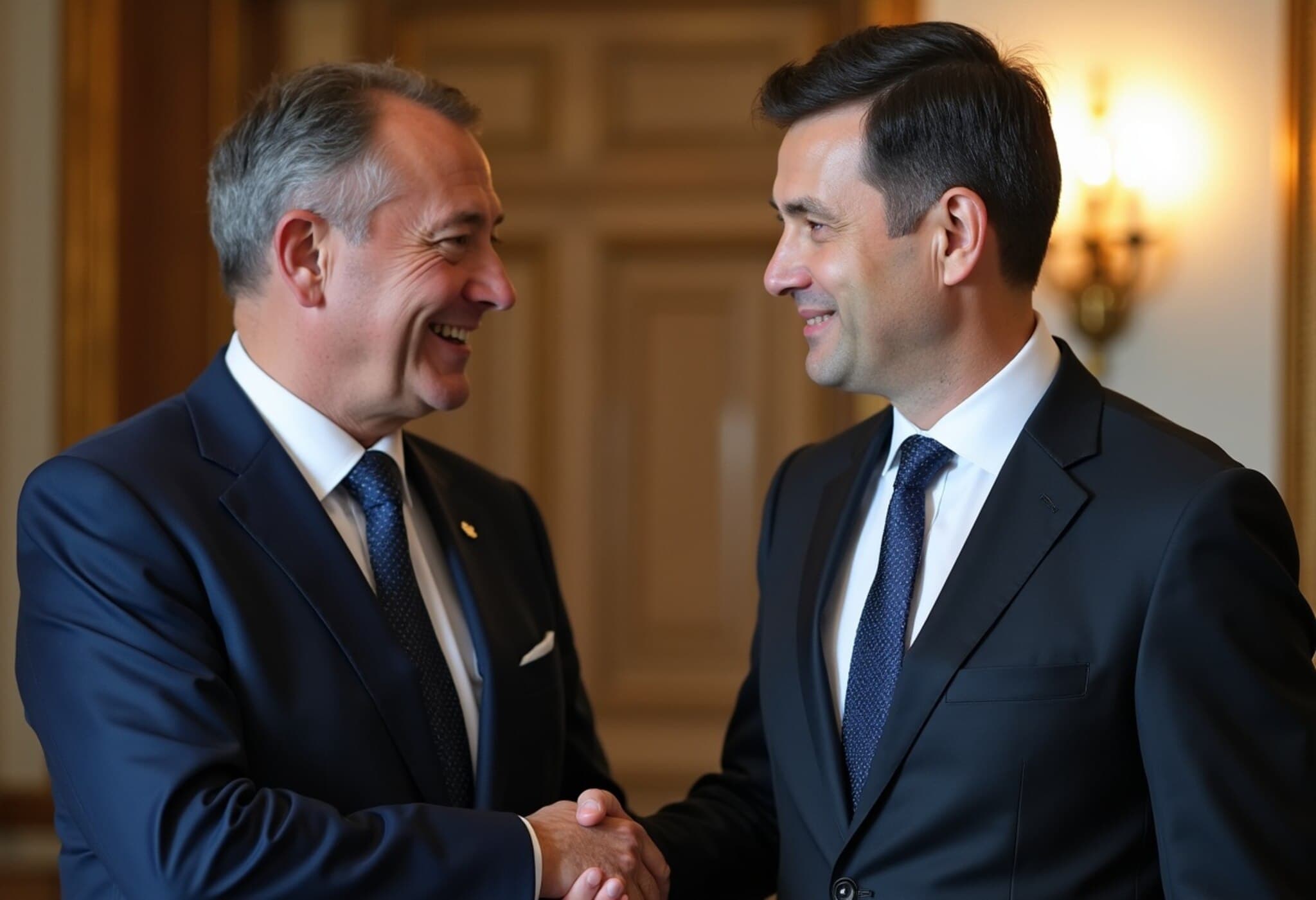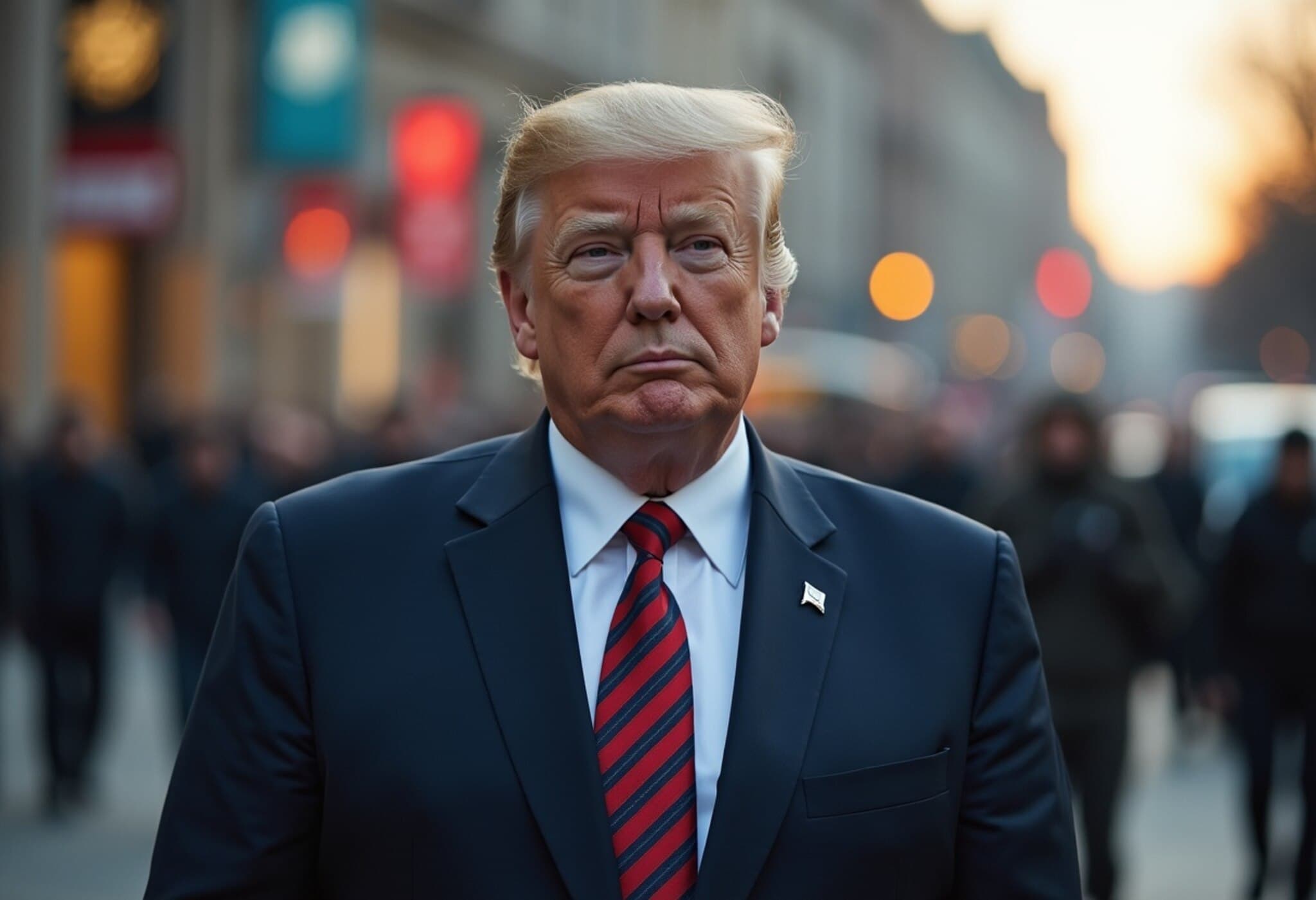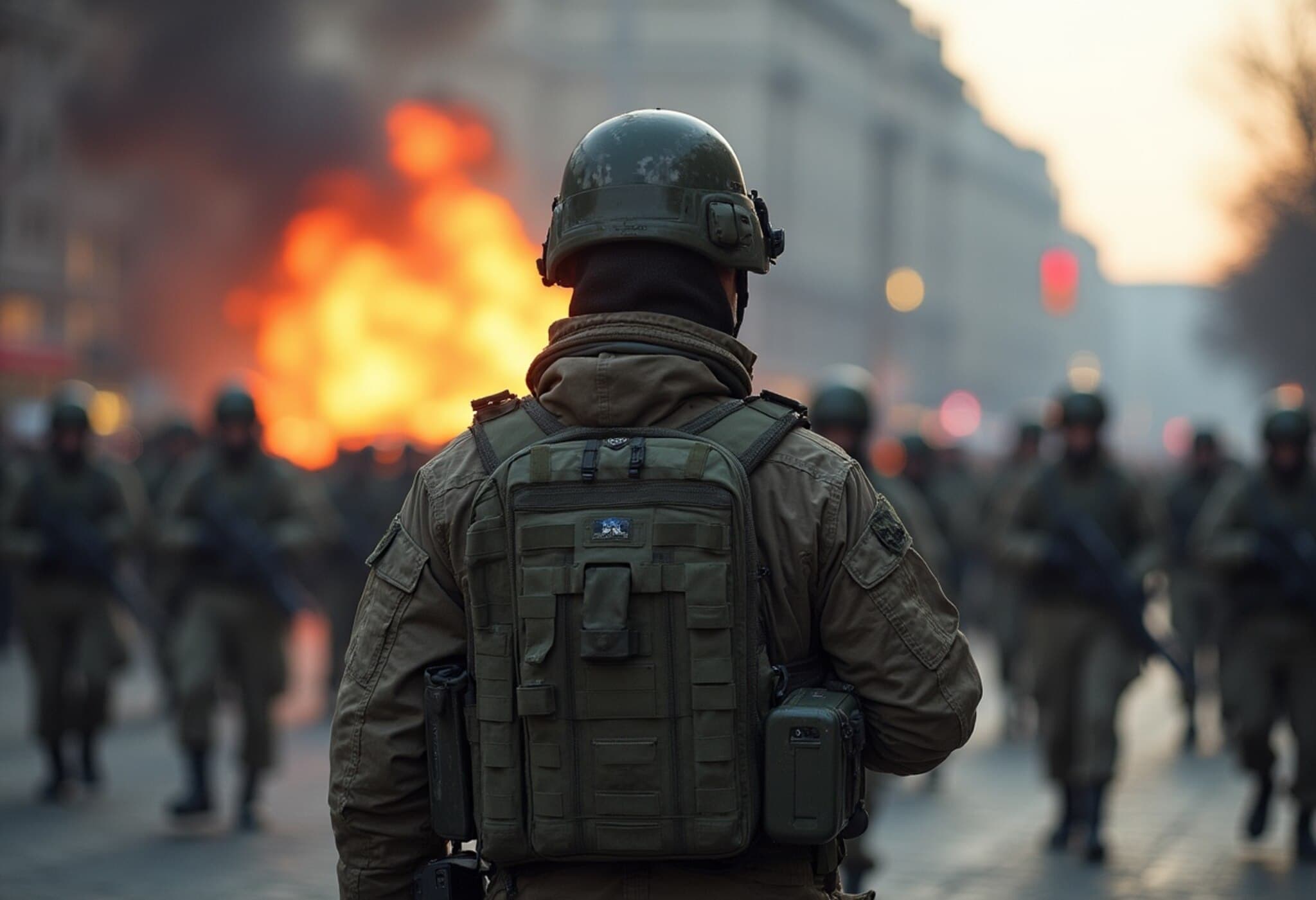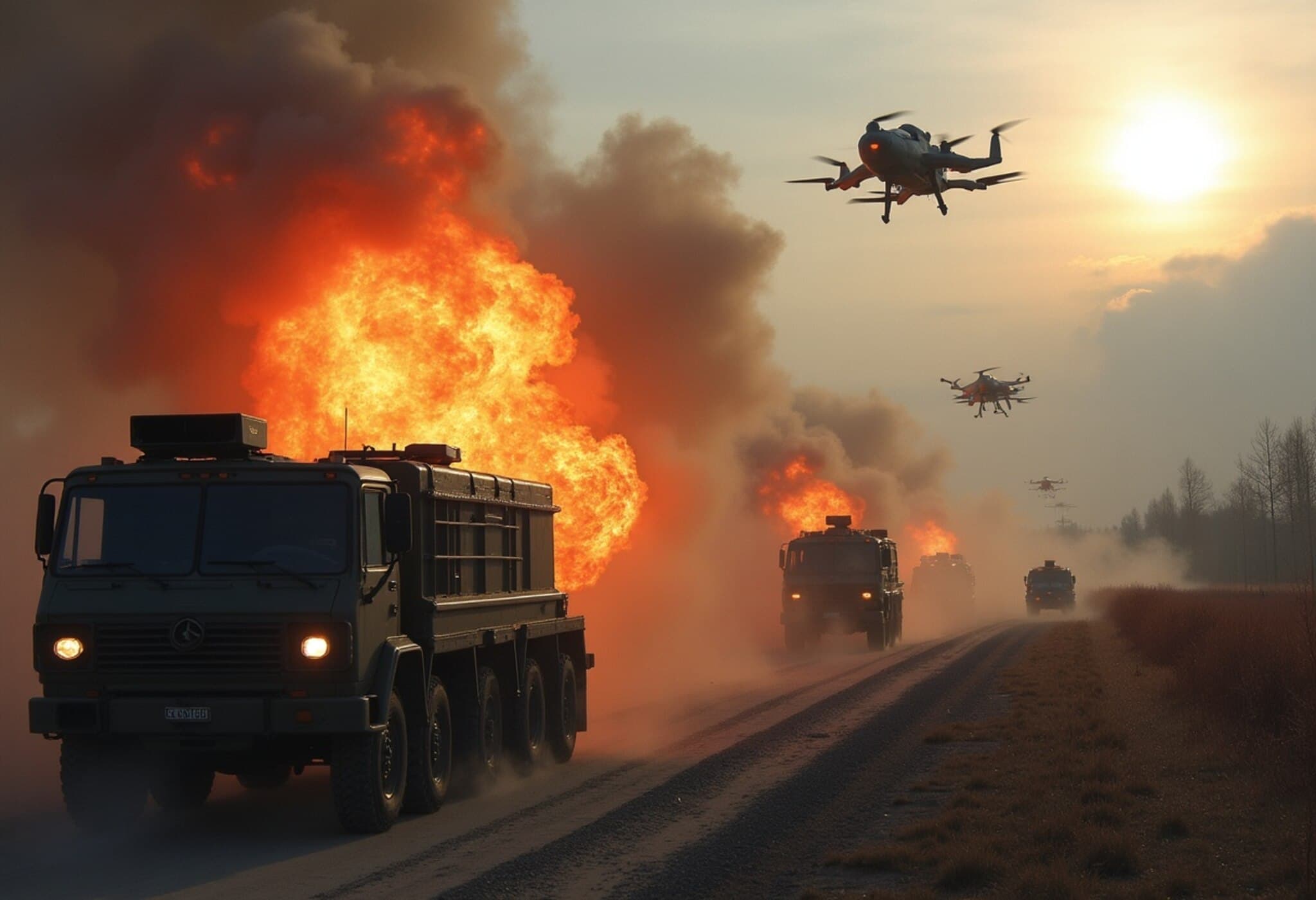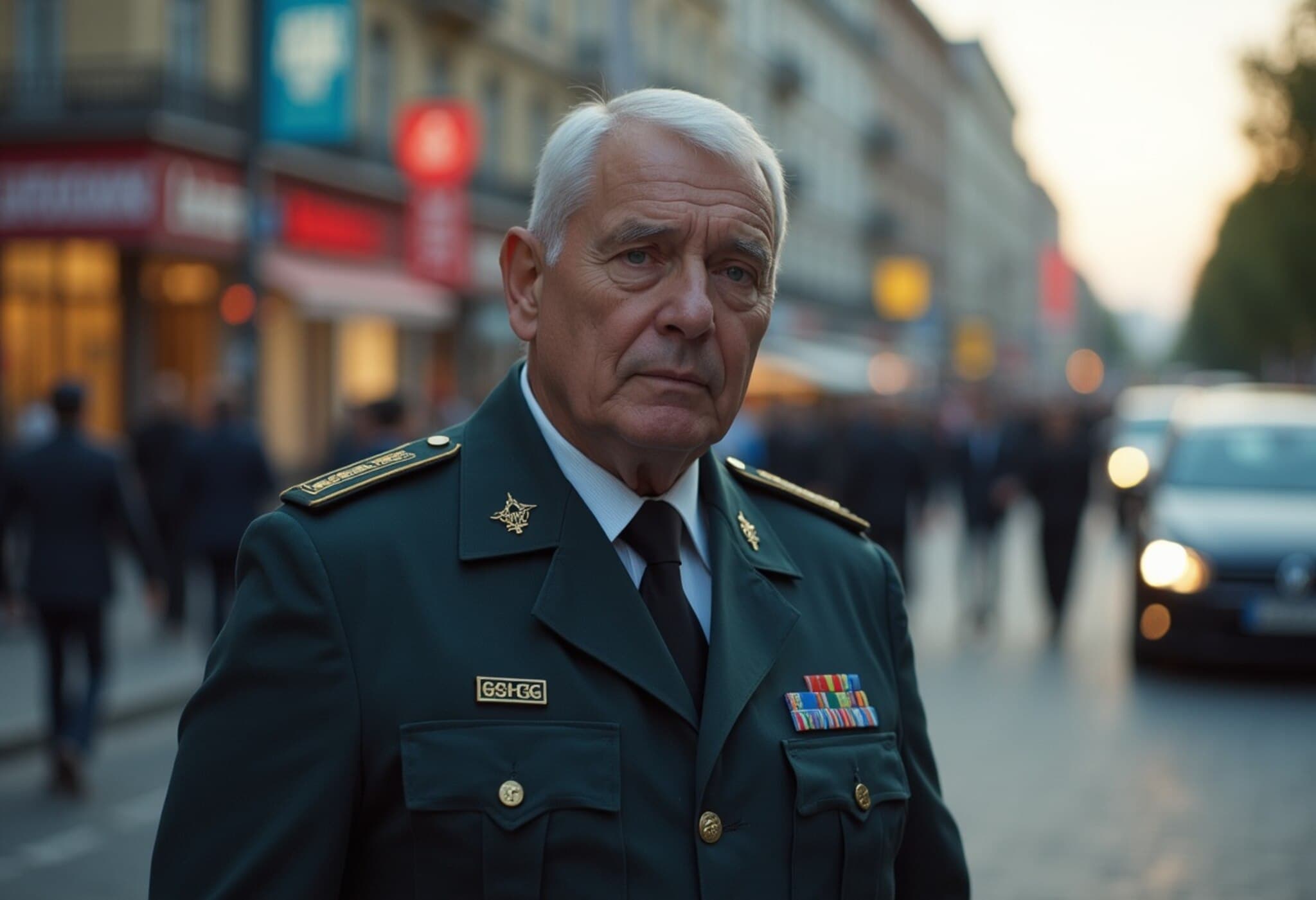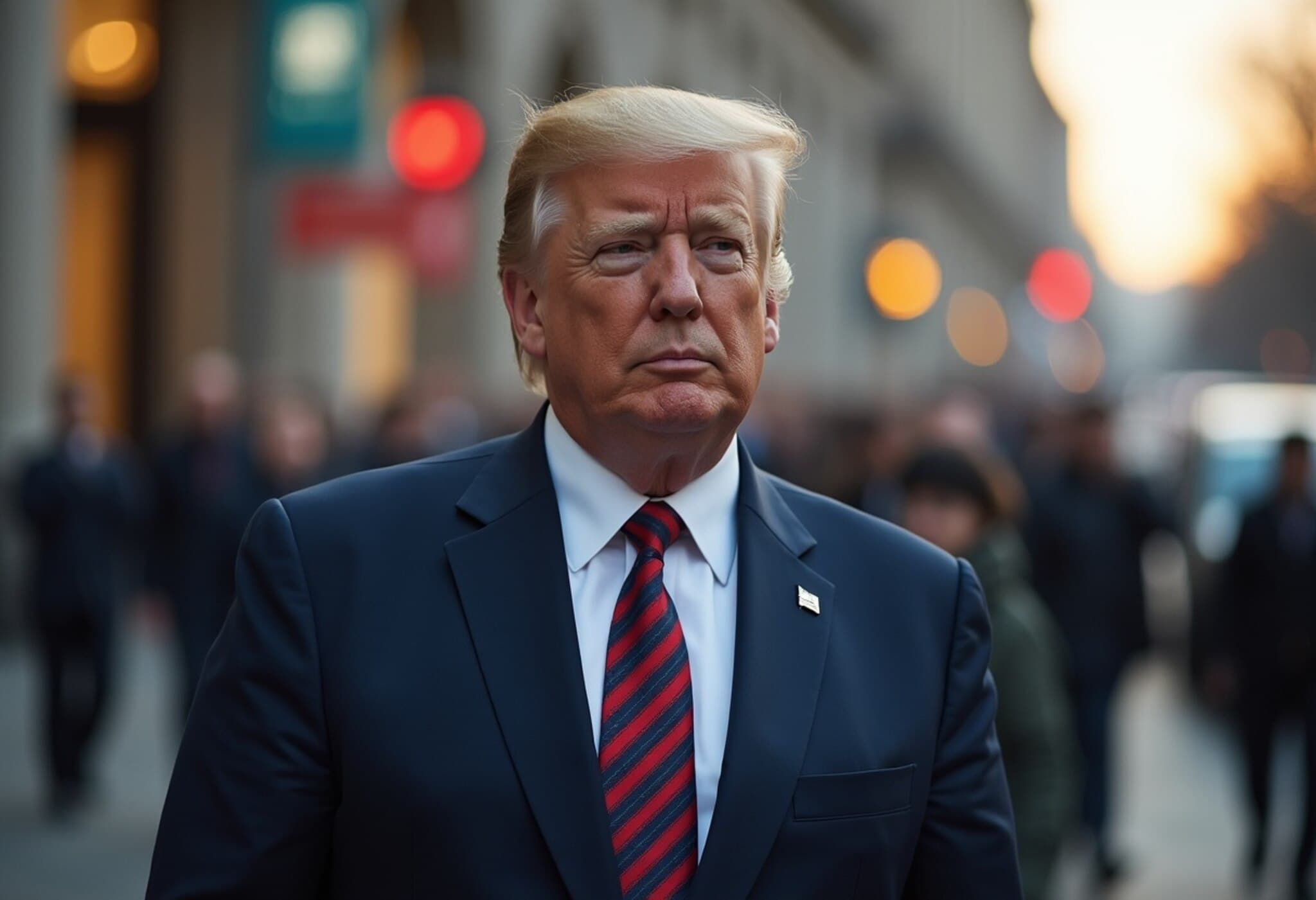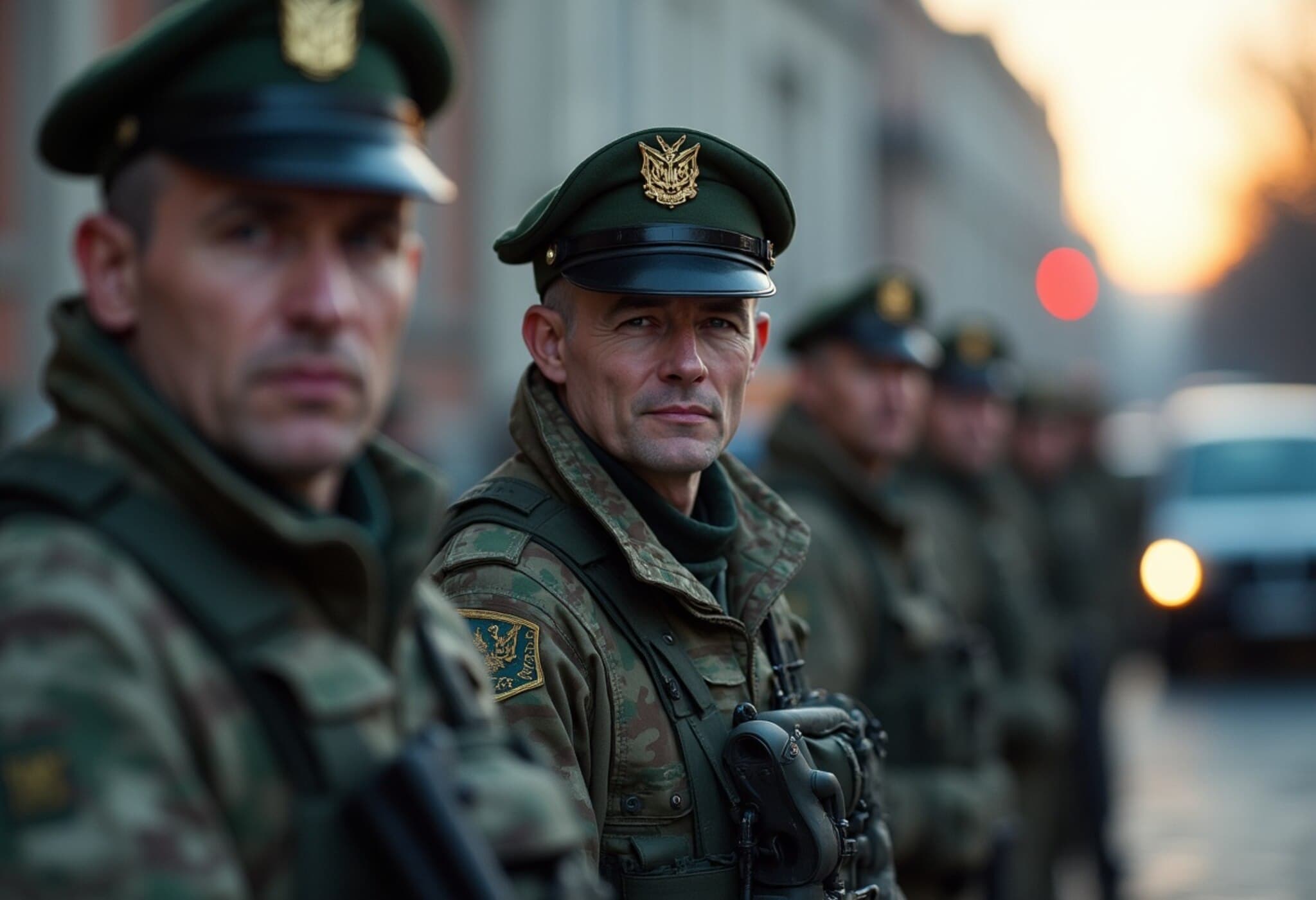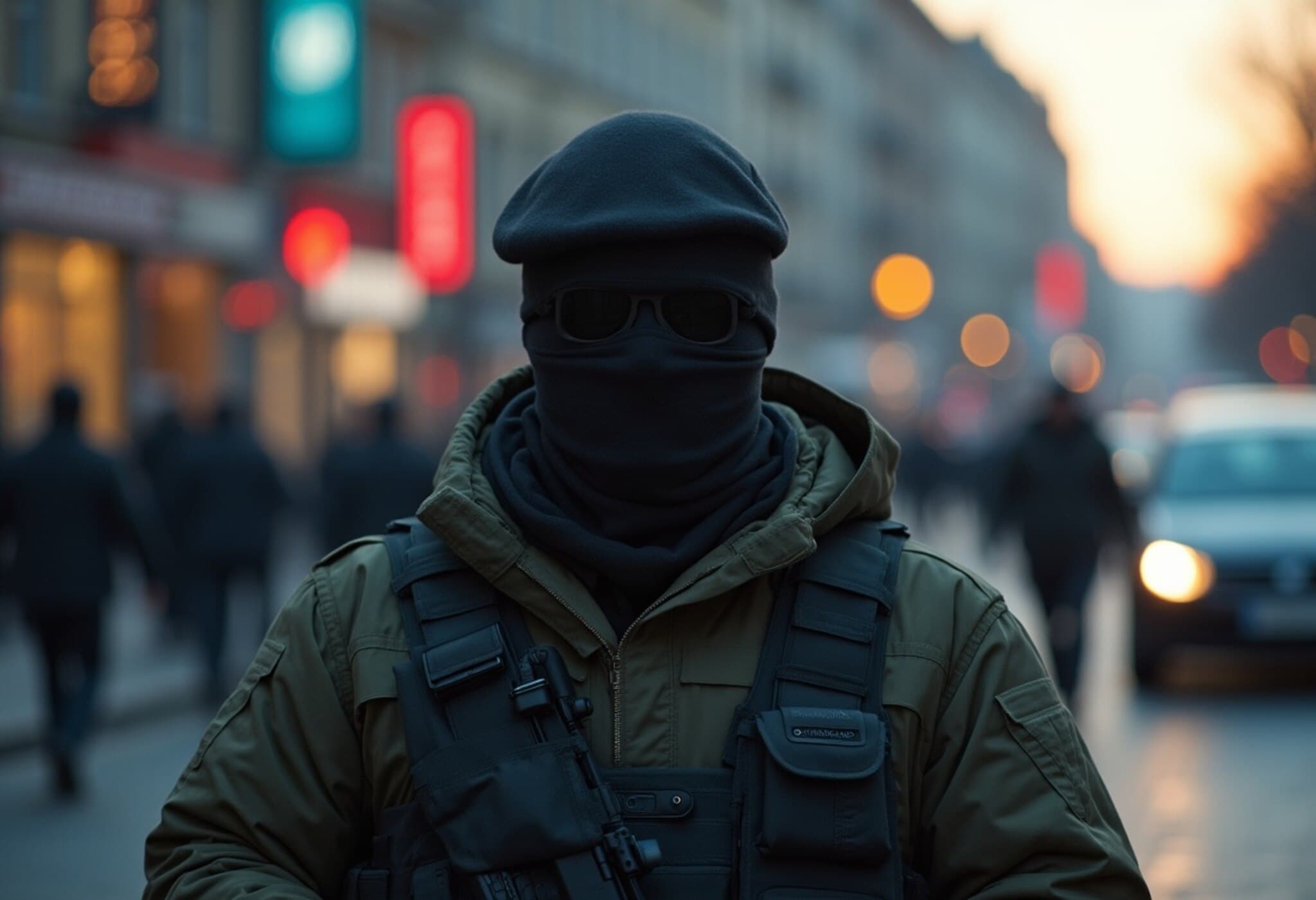Ukrainian President Zelenskyy Meets US Special Envoy in Kyiv Amid Rising Tensions
On Monday, Ukrainian President Volodymyr Zelenskyy held a high-stakes meeting with Joseph Keith Kellogg, the United States Special Envoy to Ukraine and Russia, in Kyiv, the capital city of Ukraine. Their discussions centered primarily on enhancing Ukraine's air defense capabilities and the prospect of procuring weapons in partnership with European allies.
Strategic Discussions to Strengthen Air Defenses and Arms Production
President Zelenskyy took to X (formerly Twitter) to share insights from the meeting, underscoring efforts to accelerate a peaceful resolution while simultaneously reinforcing Ukraine’s military resilience. He emphasized collaboration on:
- Expanding Ukraine’s air defense systems.
- Joint production initiatives and procurement of defense weapons with European partners.
- Maintaining robust sanctions against Russia and entities aiding Moscow’s aggression.
“We had a productive conversation discussing practical steps to bring peace closer,” Zelenskyy stated. The dialogue reflects the ongoing alignment between Kyiv and Washington as they navigate a complex security environment.
Contextual backdrop: US Commitment and Shifting Policies
This meeting unfolds just a day after US President Donald Trump's announcement to dispatch Patriot missile air defense systems to Ukraine, marking a significant escalation in US support. The announcement came amid increased air strikes by Russian forces targeting Kyiv and other urban centers, once again raising alarms across the region.
Interestingly, the current US administration under President Trump, in his second term, has exhibited a nuanced approach toward Russia. Initially signaling a more conciliatory tone, recent escalations by Moscow have prompted a reassessment in Washington’s support for Ukraine’s defensive needs.
Security Alerts Amid Diplomatic Engagements
Shortly after Zelenskyy and Kellogg’s meeting concluded, Kyiv declared an air-raid alert, underscoring the volatile and unpredictable security situation on the ground. These alerts serve as stark reminders that the war’s consequences remain imminently present for millions of Ukrainians.
Expert Insight: Why This Meeting Matters
From a strategic standpoint, the high-profile exchange demonstrates the United States’ deepening commitment to Ukraine amidst a protracted and brutal conflict. The focus on joint production with Europe suggests a long-term vision beyond immediate arms deliveries, aiming to foster self-reliance and resilience within Ukraine's defense infrastructure.
Moreover, the reiterated emphasis on sanctions highlights Washington and Kyiv's intent to maintain pressure on Moscow, potentially complicating Russia’s economic and military sustainability. For policymakers and analysts alike, this meeting is a barometer of international alignment, especially at a time when geopolitical loyalties and security architectures are continuously tested.
Questions Behind the Headlines
- How effective can joint European-Ukrainian arms production be given the ongoing supply chain challenges exacerbated by war?
- Will the US commitment to air defense systems translate into meaningful shifts on the battlefield or provoke further escalation?
- How sustainable are sanctions if key global players, including some European nations, evaluate their economic ties with Russia differently?
Looking Ahead
As Kyiv mobilizes international support, the coming weeks will be pivotal in shaping the trajectory of the conflict. Enhanced air defenses could buffer Ukrainian cities from destructive strikes, yet the shadow of war remains looming. Meanwhile, diplomatic endeavors to chart a path toward peace continue to face daunting hurdles, balancing military necessity with political realities.
Editor's Note
This exchange between President Zelenskyy and US Special Envoy Kellogg encapsulates the precarious balancing act facing Ukraine and its allies. While robust military aid and sanctions form the backbone of resistance, the human costs of ongoing conflict compel continuous reflection on the prospects for sustainable peace. Readers should consider not just the immediate military developments but the broader implications for European security and global geopolitical stability.

